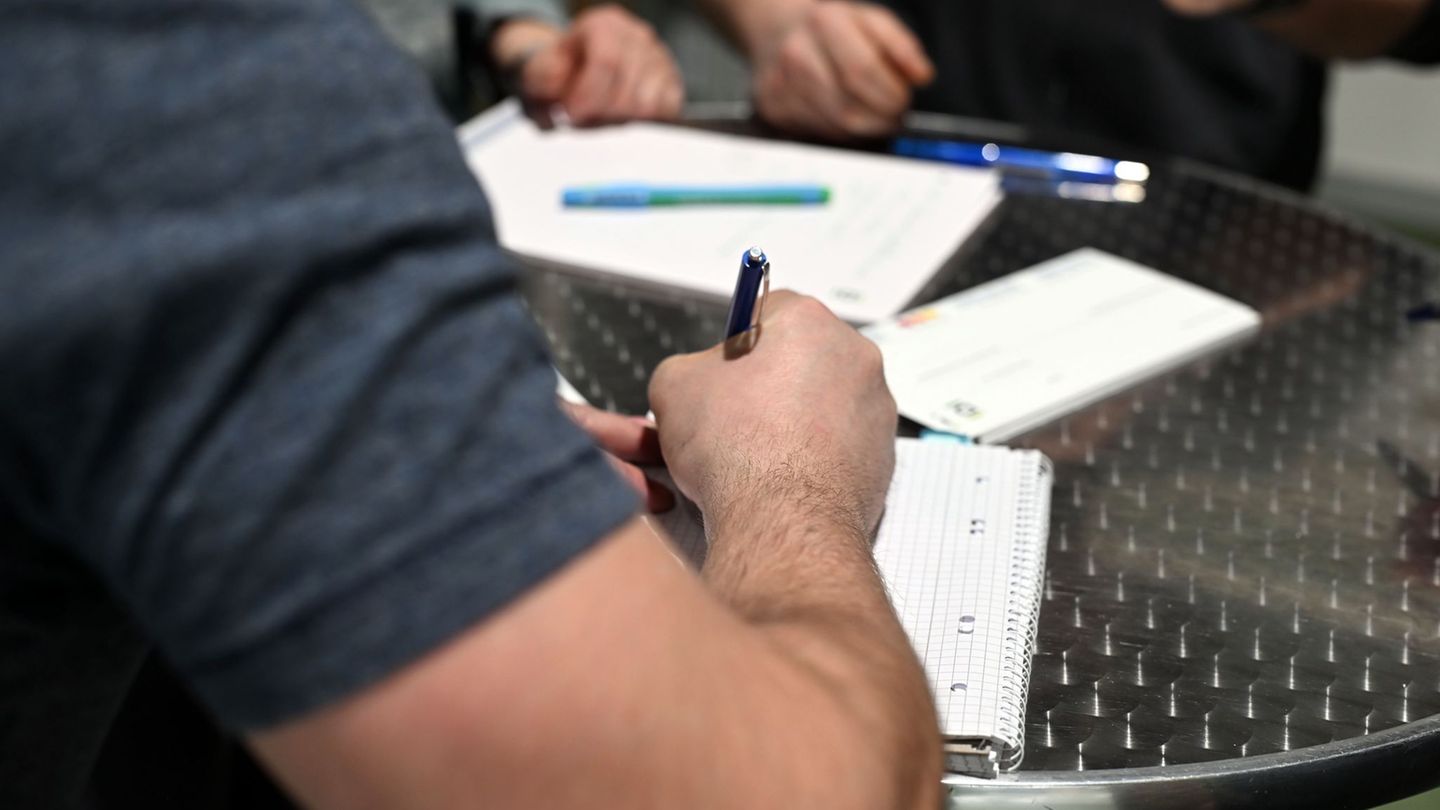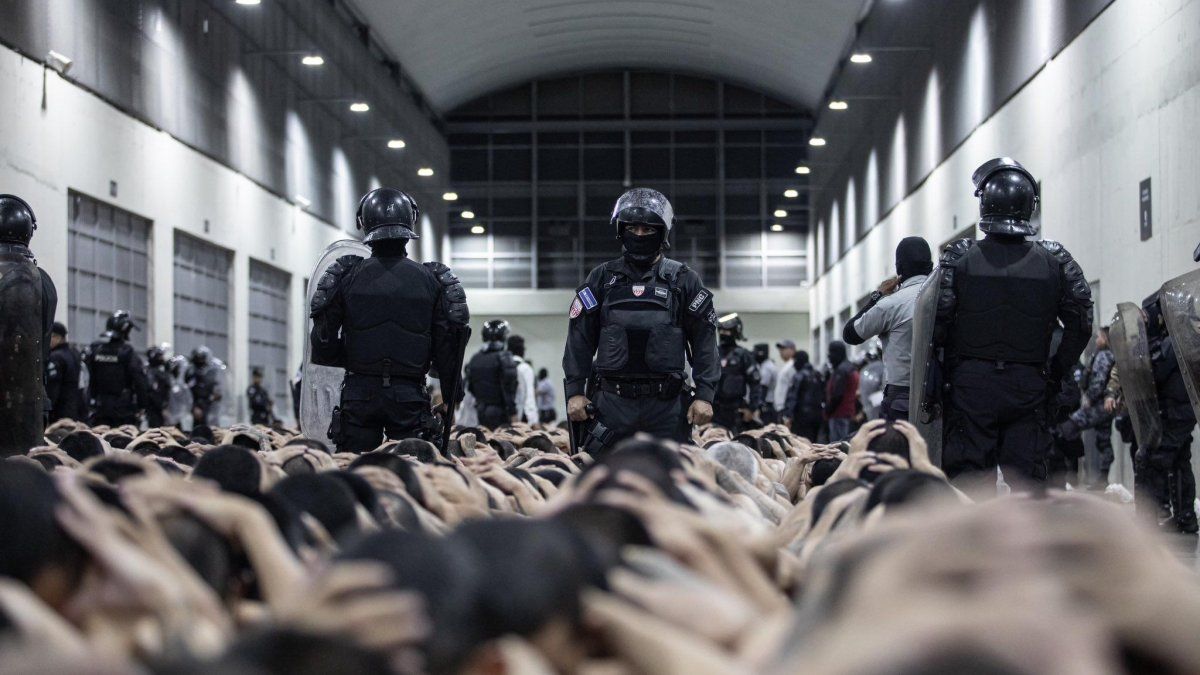The bloody combat missions on behalf of Russia’s powerful for the private military and security company Wagner also got him thinking.
“Wagner. Putin’s Secret Army” (Econ Verlag) is the name of the work that will go on sale on Thursday and reveals how Russia’s support for Syria’s ruler Bashar al-Assad or for the separatists in eastern Ukraine looks in concrete terms. “The salvation of Bashar al-Assad’s regime has enabled Russia to commend itself to the world as a protector and savior of criminals of all kinds,” writes Gabidullin. Wagner’s mercenaries also play a role in Sudan, Mali and Libya. Putin himself said in February: “As far as Wagner is concerned, I have already said that the Russian state has nothing to do with it.” Such companies pursued commercial interests. “They negotiate there themselves, the local rulers invite them at state level and thank them for the work they have done,” he said, referring to Mali.
In contrast, the French filmmakers Ksenia Bolchakova and Alexandra Jousset, who made a documentary entitled “Wagner, Putin’s Shadow Army,” document the group’s close ties to the Kremlin. You also interviewed Marat Gabidullin and provide a lot of background information to accompany his book. In many places, Wagner travels exclusively in the service of the Kremlin. “By sending mercenaries, the state saves on the pension entitlements and salaries it has to pay to soldiers in the regular army. And it also makes it possible to make the dead disappear,” they write.
The heads of the organization, which shows a portrait of the German composer Richard Wagner on its propaganda videos, are the Russian businessman Yevgeny Prigoschin and Lieutenant Colonel Dmitri Utkin. As a sign of his admiration for the music, Utkin wears the combat name “Wagner”. After his career in the Russian military intelligence service GRU, he is said to have founded a rapid reaction force under his combat name from veterans of special forces from 2014 onwards.
“Dmitri Utkin is a great admirer of the Third Reich and Adolf Hitler,” write Bolchakova and Jousset. But Prigozhin is the direct liaison to the Kremlin. Like Putin, the 62-year-old, who is wanted by the United States, comes from St. Petersburg (formerly Leningrad). “The ex-criminal turned one of the most powerful men in Russia is the pure product of an underworld of security militias, spies, intelligence officials, mafia bosses and ex-convicts.” Prigozhin often entertained Putin, who once worked in the St. Petersburg city administration, in his restaurant – which is why he is nicknamed “Putin’s cook”.
A total of around 5,000 fighters are said to be active for Wagner today. The contract killer Gabidullin, who received up to 3,000 euros a month, was also one of them until 2019. In his book about the horrors of war, which is largely like a report from the front, he complains about poor weaponry, errors in the conduct of battles and the sometimes extremely brutal behavior of completely brutalized Wagner people.
Gabidullin himself justifies his going public with the fact that he sees Putin’s war in Ukraine as a mistake. He never wanted to fight against a brother nation. But readers should not expect remorse. Gabidullin uses the book to justify himself. And he calls for official recognition of the fighters of the Private Military Companies (PMC).
Russian military often adorned themselves with successes that mercenaries would have achieved in the fight against the terrorist militia Islamic State (IS) in Syria. These deserve a place in the history books, Gabidullin demands: “This new structure in Russia will still need a lot of time to prove that it is not a hodgepodge of outsiders and rabble, but an organization made up of real professionals – the workers of war.”
Source: Nachrichten




